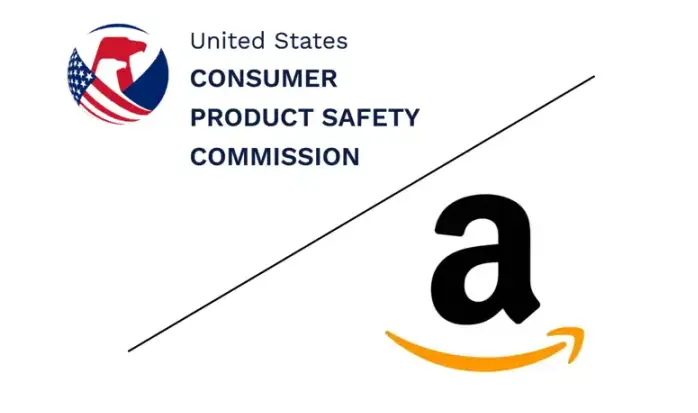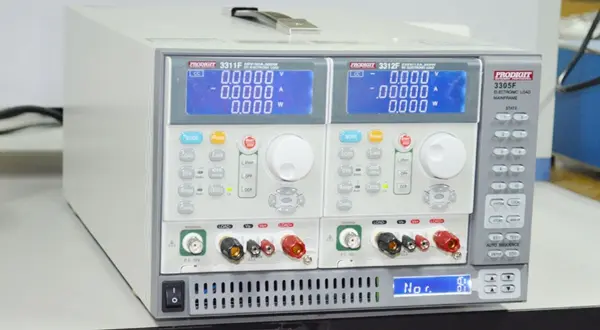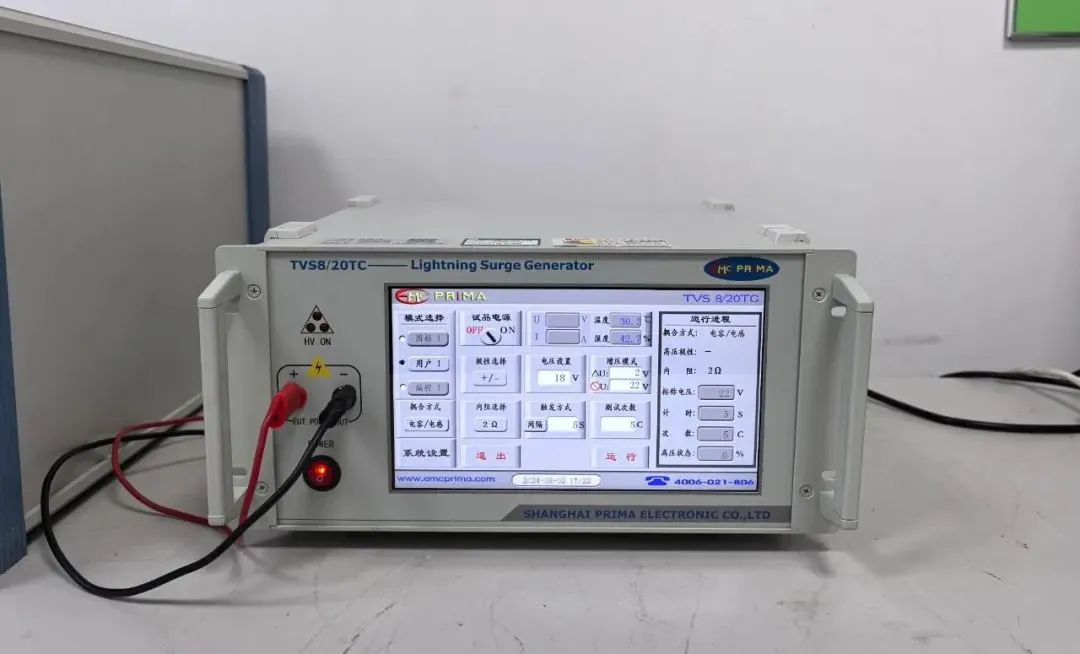
Amazon Baby Sleeping Bag CPC Certificate Compliance
As young families in the United States become increasingly concerned about infant sleep safety, baby sleeping bags (also known as wearable blankets) are becoming a popULar alternative to traditional blankets.
According to the American Academy of Pediatrics (AAP), loose blankets or pillows should not be used in infants’ sleep environments, as they increase the risk of suffocation and Sudden Infant Death Syndrome (SIDS). Therefore, baby sleeping bags—designed to be wearable, secure, and temperature-stable—have grown in popularity.
In the U.S. market, baby sleeping bags are primarily sold through baby product brands, e-commerce platforms (such as Amazon, Walmart, Target), and mother-and-baby retail chains. Because these products are directly related to infant sleep safety and health, the U.S. Consumer Product Safety Commission (CPSC) enforces strict compliance requirements. This article provides an overview of CPC certificate testing items for baby sleeping bags, along with other U.S. compliance requirements.

What is a CPC Certificate?
A CPC (Children’s Product Certificate)is a mandatory document requiRED under the U.S. Consumer Product Safety Improvement Act (cpsia).
Any product marketed to children under 12 years old (including baby sleeping bags) must have a CPC issued by the manufacturer or importer, certifying that the product complies with all applicable children’s product safety rules.
Applicable cpc tests for Baby Sleeping Bags
1. Total Lead Content Test
① Requirement: ≤ 100 ppm
② All accessible parts of children’s products must be tested, including substrates such as metals and plastics.
2. Phthalates Test
① Requirement: ≤ 0.1% for 8 restricted phthalates
② Phthalates are cheMICals used to make plastics softer and more flexible.
3. Small Parts Test
① Required for baby sleeping bags designed for children aged 0–3 years.
② Ensures no small parts pose choking hazards for children under 3.
4. Small Parts Labeling
① If the product contains small parts and is intended mainly for children aged 3–6, it must carry the warning label “Contains Small Parts.”
② This label warns consumers not to give the product to children under 3, due to choking risks.
Other U.S. Compliance Requirements
1. PFAS Restrictions
① Several U.S. states have restrictions or bans on PFAS in textiles.
② For example, California’s AB 1817 prohibits PFAS in apparel and textile products.
2. CPAI-75 Flammability Test for Sleeping Bags
CPAI-75 is a widely adopted industry standard for flammability testing of sleeping bags, including baby sleeping bags.
Test Method:
① Fabric samples are fixed on a test frame, with two cotton threads marking the start and end points near the ignition source.
② A flame is applied 1.9 cm below the sample for 30 seconds, then removed.
③ Timing begins when the first thread burns through and continues until the second thread burns through or the flame extinguishes.
④ The burn time and distance are recorded.
Key Takeaway
Whether you are an overseas exporter or a cross-border e-commerce seller, compliance with CPSIA regulations and possession of a valid CPC certificate are essential to enter the U.S. market.
Failure to comply may result in product removal, customs clearance issues, recalls, and even financial penalties.
Email:hello@jjrlab.com
Write your message here and send it to us
 What is IEC 62052 for Electrical Energy Measuring
What is IEC 62052 for Electrical Energy Measuring
 Australia LoRa Band 915-928 MHz RCM Compliance
Australia LoRa Band 915-928 MHz RCM Compliance
 What Are the Compliance Certifications for VHF Pro
What Are the Compliance Certifications for VHF Pro
 Which Products Require WERCS Registration?
Which Products Require WERCS Registration?
 Dustproof and Waterproof Ratings IP 54 / IP65 / IP
Dustproof and Waterproof Ratings IP 54 / IP65 / IP
 SAR Standard Testing under the EU CE-RED Directive
SAR Standard Testing under the EU CE-RED Directive
 Differences Between the Three EU Directives: LVD,
Differences Between the Three EU Directives: LVD,
 How to get CE Marking Certification?
How to get CE Marking Certification?
Leave us a message
24-hour online customer service at any time to respond, so that you worry!




